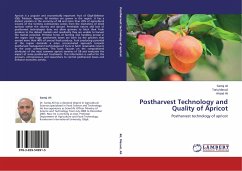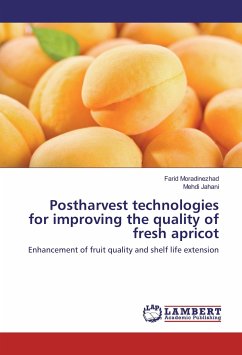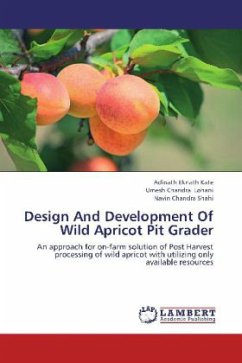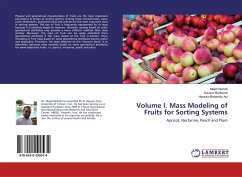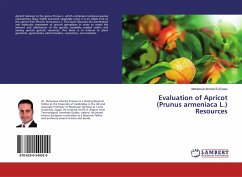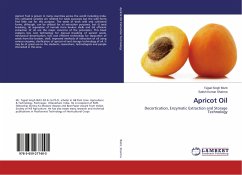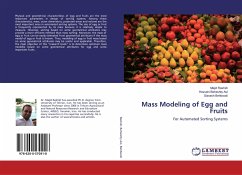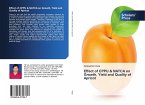Apricot is a popular and economically important fruit of Gilgit-Baltistan (GB), Pakistan. Approx. 60 varieties are grown in the region. It has a distinct position in the economy of GB and more than 20% of agricultural income of the farming communities comes from the marketing of dried apricots within the country and abroad. Perishable nature and lack of postharvest technologies does not allow growers to fetch their fresh produce to the distant markets and resultantly they are unable to harvest the market potential. Primitive forms of farming and handling prevail in the region and huge postharvest losses are born by the growers that exceed more than 40% of annual fresh produce. Fruit producing potential of the region demands a more concentrated approach towards postharvest management technologies of fruits to fetch reasonable returns to the poor communities. This book focuses on the compositional attributes of the most common apricot varieties of GB and evaluates the impact of some postharvest treatments. This information is useful for the growers, entrepreneurs and researchers to control postharvest losses and enhance economic activity.

